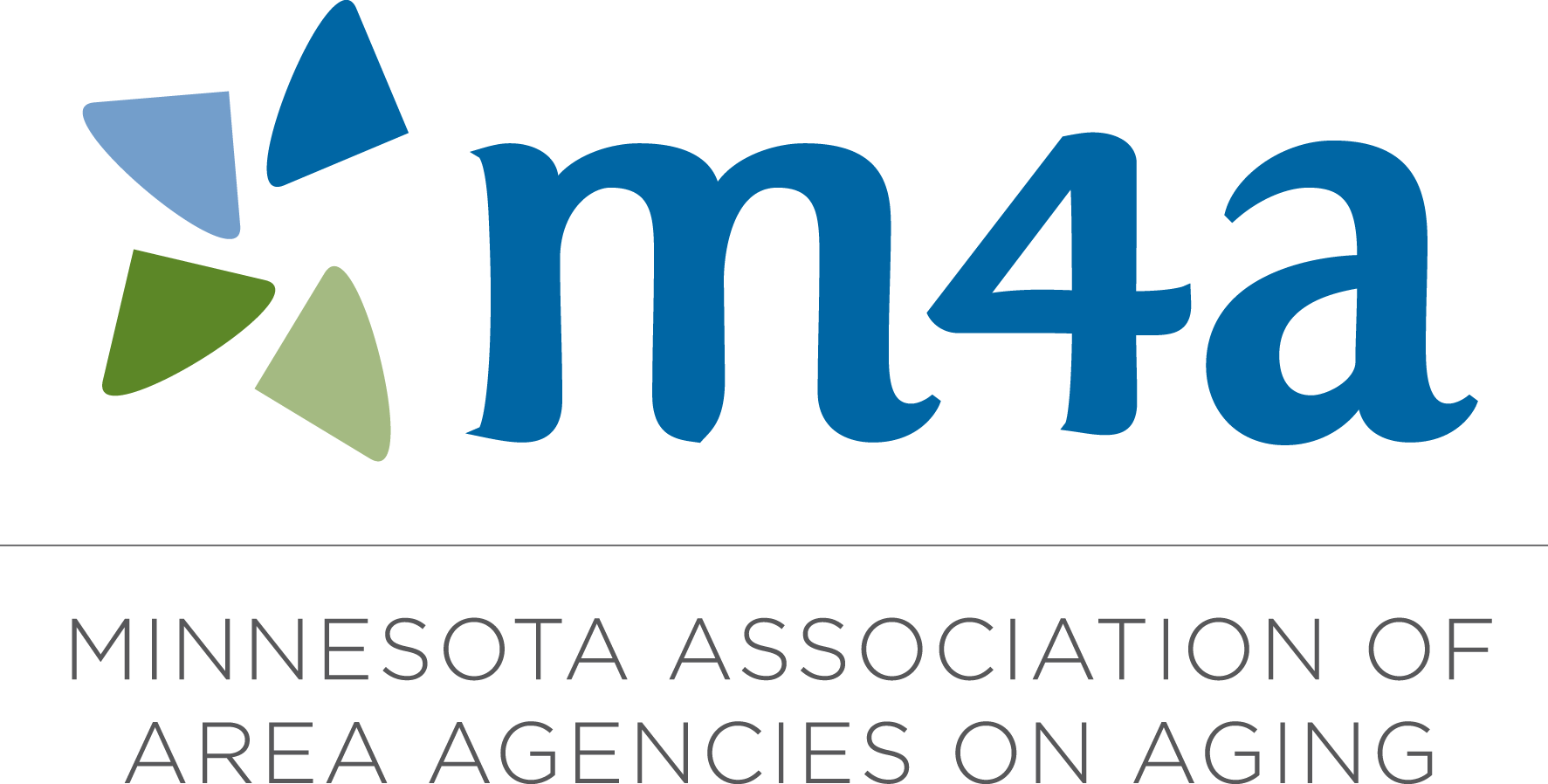Efforts to create an age-friendly Minnesota took a major step forward last week with the introduction of a bill by Representative Todd Lippert (DFL) to establish an Age-Friendly Minnesota Council. The legislation, H.F. 1807, was introduced on March 1, 2021. Senator Karin Housley (R) is the chief author of the Senate companion bill, S.F. 1786.
We need your help to pass this important legislation. Please contact your legislative members and ask them to support HF1807/SF1786.
The council will be composed of House and Senate members, representatives from ten state agencies, nonprofits and members of the public. It will be charged with advancing age-friendly policies that prioritize social equity in an effort to eliminate historic disparities experienced by older Minnesotans.
The legislation names ten domains for the council will address:
- Outdoor spaces and buildings that ensure parks and other green spaces, safe streets, well-maintained sidewalks, outdoor and indoor seating, and accessible buildings are available and can be used and enjoyed by people of all ages and abilities.
- Housing options that include homes that are affordable, accessible, appropriate for various stages of life, and allow aging in the community, including access to home modifications and services that allow people to stay in their homes.
- Transportation options in Minnesota that are safe, reliable, convenient, and easy to use and include accessible and affordable public transit, ridesharing, and walking and biking, recognizing that needs and resources vary by geography across the state.
- Work and civic engagement that ensures older Minnesotans continue to have opportunities to work for pay, volunteer their skills and be actively engaged in community life.
- Respect and social inclusion that ensures that older Minnesotans feel valued, regardless of age; that older adults are understood and appreciated through an intergenerational lens and that multicultural views and traditions associated with aging are recognized and respected.
- Work that seeks to eliminate ageism.
- Social participation, including electronic means of connecting that provide opportunities for older adults to engage in community life through accessible and affordable activities that are meaningful and safe and that support physical and mental well-being and helps combat isolation.
- Communication and information sources that enable communities to effectively disseminate information in a variety of ways, including through well-designed online sources made available through affordable, universal access to broadband services, as well as through non-web-based means such as print, radio, and television.
- Community and health services that ensure access to affordable, quality, culturally and linguistically appropriate health care and community support services that match older adults’ needs to help them live safely and with dignity.
- Emergency preparedness policies that ensure that the state’s emergency plans specifically include older adults, drawing on best practices learned through past crises in Minnesota and elsewhere.
